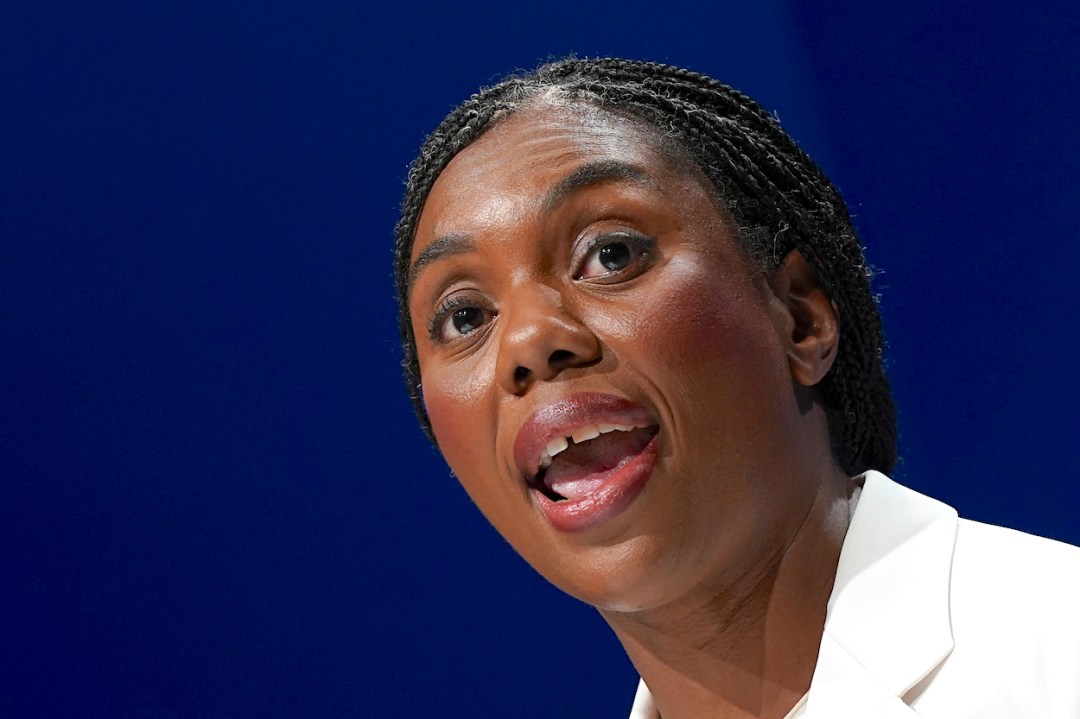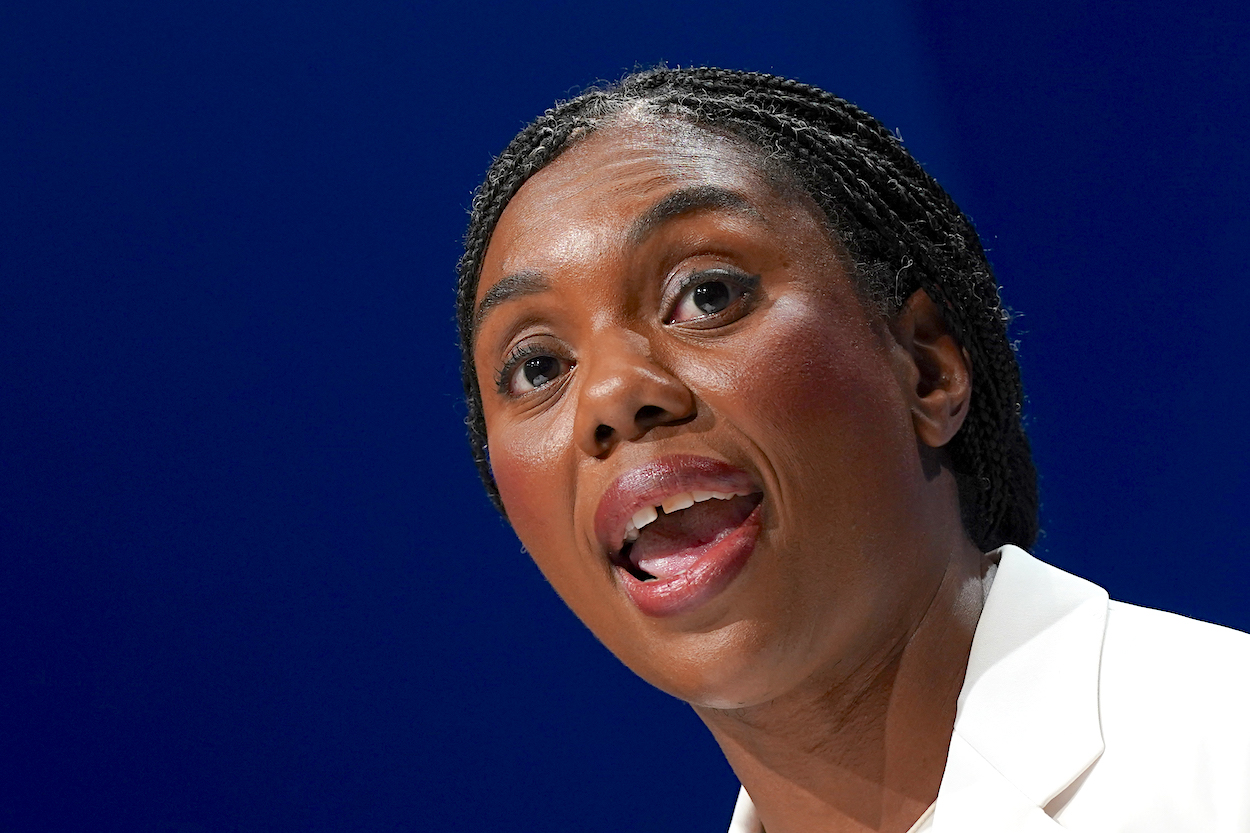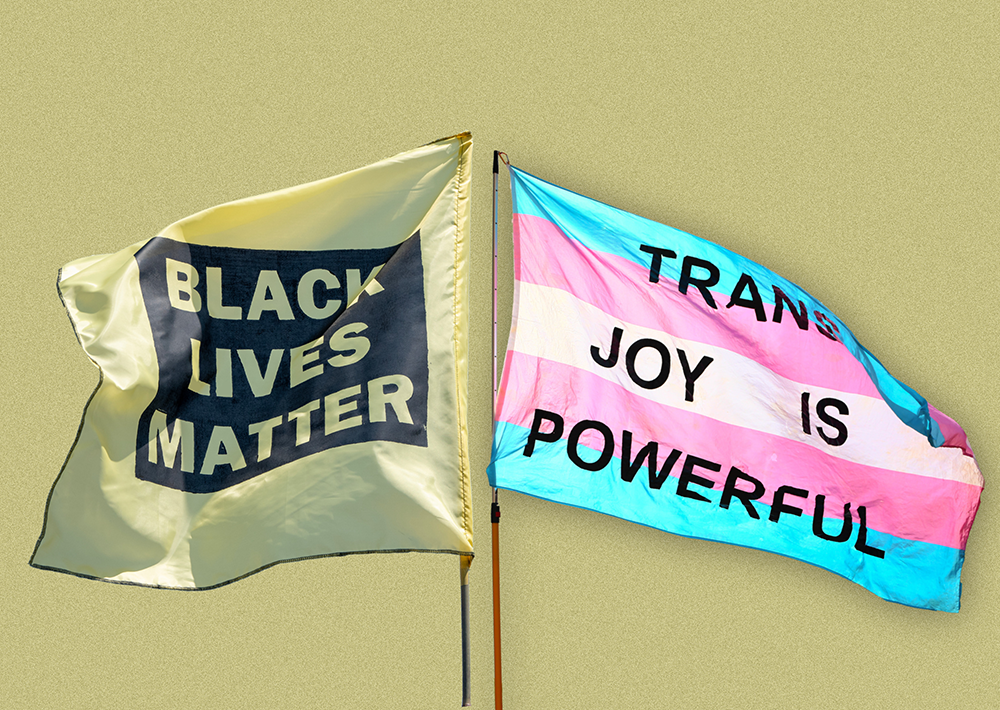When you are in the wrong job at the wrong time, whether or not you are also the wrong person is moot. This appears to be where Kemi Badenoch, in theory the leader of His Majesty’s Opposition, finds herself as she goes into her Conservative party’s annual conference in Manchester.
She is unlikely to be relegated to the backbenches in 2025, but with Robert Jenrick lingering, ready to step in if and when the country takes its chance to reject his boss at the ballot box, one would imagine there is, at best, only a 50:50 chance of her seeing out 2026.
Quite what Jenrick thinks he will bring to the party that Badenoch does not, is at first glance difficult to see. For him, too, all the evidence is that this is the wrong job at the wrong time.
On the basis that the best way to predict the future is to analyse the past, the Tory party faithful in Manchester should be aware that they may not be gathering at their annual soirées for too many more years. The strategy of Nigel Farage’s Reform, the Tory party’s would-be usurper, is hiding in plain sight in the history books of Canadian politics.
It is no great secret that Farage has modelled Reform on the eponymous Canadian party in which former Prime Minister Stephen Harper made his name. So far, Farage’s strategy and trajectory are the same as that of Harper and his then-leader Preston Manning, with the key difference being Farage’s faster speed.
Reform in Canada grew out of dissatisfaction amongst western Canadians with what they saw as an aloof elite in the east who failed to understand them (for Canada’s west/east, substitute England’s north/south). Their populism grew in popularity, prompting a name change to the Canadian Alliance to broaden their appeal. A ‘Unite the Right’ movement developed which led to the dissolution of the defenestrated Progressive Conservatives (PC), and the birth of the Conservative Party of Canada, in the mould of Harper and his Reform roots.
This took Reform in Canada 15 years, and the slow death of the PC took nearly 10. The only discernible difference in the UK is that these outcomes could happen faster. This is not a fait accompli; the Conservative Party is old, established and hard to kill. But Farage is doing a fine job of it so far.
We will know much more in May, not because of English local elections (which are always overrated in their impact on the losing party) but because of elections to the devolved Parliaments in Scotland and Wales.
The former has tended to command more attention than the latter in recent years, largely because of the independence debate. Ironically, it is the prospect of Scottish independence that has kept the Tories breathing for the last 15 years. In order to have any chance of relevance at Holyrood for the next five years, they need to hope that the SNPs slight uptick in support gathers momentum, so that they can rinse and repeat the ‘no to independence’ strategy and pray that some people are still listening.
The signs are poor. In this year’s Hamilton, Larkhall and Stonehouse by-election, the party polled 6 per cent in what became a three horse race between the SNP, Labour and Reform. That level of support is significant, because Holyrood’s additional member voting system usually requires something around 7 per cent to secure an MSP on the regional list. If the Tories’ support in Hamilton is replicated around the rest of urban central Scotland, they may be wiped out in areas where they currently return two or three seats each. Polling predicts them coming fourth, but on a bad night for them and a good night for both the Greens and the Liberal Democrats, it is not impossible they could drop to sixth.
It is not impossible the Tories could drop to sixth place in the 2026 Holyrood election.
Meanwhile in Wales, the change to a pure party list voting system with an increased number of MSs comes at a perfect time for Farage. The Senedd is still, just about, a three horse race between Reform, Plaid Cymru and Labour, but support for Labour continues to drop and the prospect of Reform being the largest party is very real.
In such an event, a German or Irish-style firewall, in which Labour and the nationalists coalesce in order to lock out Reform, seems inevitable. This would be, of course, exactly what Farage would want, in order to be able to tell England that this is the shape of things to come: a country in which the winners are not allowed to win. Just watch what happens then.
The common denominator is the lack of the Conservative Party in these conversations. By the end of this decade, they could be irrelevant in every Parliament in the country. And by the middle of the next decade, perhaps they will not be here at all.








Comments